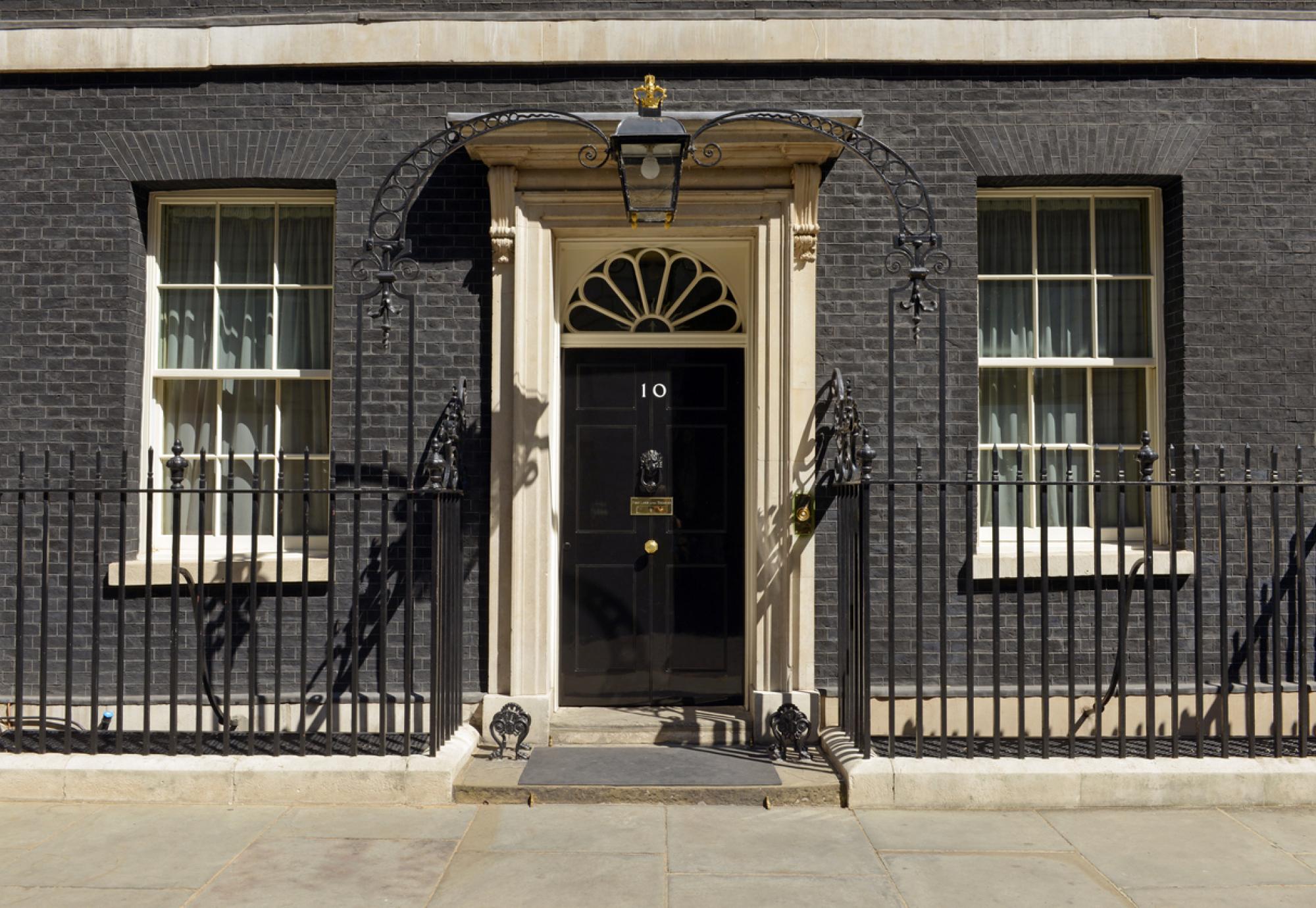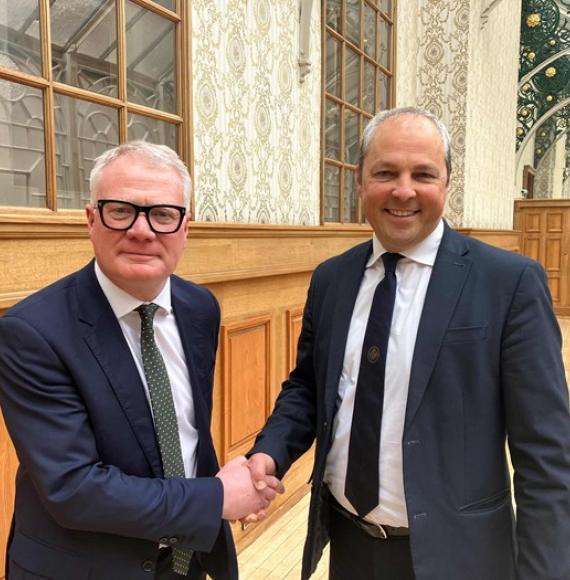After a tumultuous two days, the central government of the United Kingdom is falling apart. With more than 50 resignations across all levels of parliament and the sacking of the Secretary of State for the flagship project, Levelling Up, Boris Johnson’s time as Prime Minister will come to an end.
With the Conservative Party leader announcing that he will step down after the transition to a new party leader, who will take over leadership of the country. Whilst this leaves the country questioning where the future lies, local government can use this as the perfect opportunity to increase their power and the positive impact that they can have in their areas.
The closing date for the second phase of the Levelling Up Fund is approaching (it would have passed during this turbulent period, on the 6th July) and many local authorities around the country have submitted their bids for a share of the funding. With the funding being used to reduce the levels of regional inequality, improve the opportunities available to those who are from more deprived backgrounds, and drive-up investment, there are many areas around the country that need this funding to carry out crucial work that they may not otherwise be able to afford.
As government ministers resigned in their droves, one of the key figures in this Conservative Government remained out of the spotlight for the most part. Secretary of State for Levelling Up, Housing and Communities, Michael Gove, seemed to stay loyal to the Prime Minister until it emerged yesterday evening, 7th July, that he would be leading a party of people to demand that the Prime Minister resign. Considering that many people believed that he would be one of the keys to whether Boris Johnson would sink or swim with the developments of the last two days, Gove’s past perhaps came back to bite him. As he was with David Cameron, and then with Theresa May, Gove was sacked by Boris Johnson for disloyalty.
As the government is left in the dark and numerous major departments are left without leadership, including the flagship scheme; where does this leave local governance?
The inevitable reshuffling of the government is going to bring into question who exactly it will be that local governments will be dealing with when they make their levelling up bids, when they plan for their net zero projects and how they run their schools, but also who will be leading all of these crucial departments, that are so important to the running of the country, from now until the appointment of the next government.
Angela Rayner’s address for the Minister for the Cabinet Office, Rt Hon Michael Ellis GQ, this morning summed up the crisis situation that the government is left in:
“In the middle of the deepest cost of living crisis of a generation, with families unable to make ends meet, a dangerous war in Europe threatening our borders, and a possible trade crisis in Northern Ireland, Britain has no functioning government.
“No ministers in place to pass legislation, bill committees cancelled with no-one to run them. Can the minister confirm whether the 11 committees due to take place today will go ahead? Without ministers, what are the arrangements to pass primary and secondary legislation, and who will answer oral questions? How will this government continue to be democratically held to account? With the new education secretary resigning after 36 hours, which must be a record, there is not a single member in the Department of Education. What does this mean for children taking their exams? What does this mean for the impending childcare cost crisis?
“And our British national security is at risk too, not least because the Prime Minister thinks he can stay on, with the departure of the Northern Ireland Secretary. Only two ministers are left able to sign security warrants to approve Secret Service use of sensitive powers. What contingency plans are in place to deal with emergencies in the short term, Mr Speaker?”
With such uncertainty surrounding leadership and control, local councils can use this as an opportunity to take control of their constituencies. Doing this will help to increase engagement and truly deliver for their residents. With better citizen engagement comes the ability to give them the feeling of having more of a say in what happens in the area they live in and how they can level up their own lives.
Every constituency having different requirements to how they can level up is arguably one of the main sticking points with the whole process, as the department in charge of eventually decide who gets the funding based on the viability of it, rather than necessarily focusing on the need for levelling up in a certain area. This has been seen with the unsuccessful bid for funding to help drive up investment in Blackpool, a town that is home to many of the most deprives areas in the country, in comparison to less deprived areas being given their funding.
Almost a year ago, Prime Minister Johnson made a speech saying that the Ministry of Housing, Communities and Local Government “open to new bids for devolved powers from county areas. In order to widen devolution beyond the cities and provide strong local leadership for all of our places.” This would have allowed more powers, based on the agreements in place, for more local communities, however there is now set to be a changing of the guard. With new leaders to come in, this agreement could be changed, so it is imperative that local governments take this chance to increase the political involvement of, and the communication with, those who live in their areas.
With control up in the air, you can find out more about how local government can take control of their communities through levelling up by registering to the Levelling Up Virtual Event on 17th November. Register here



















